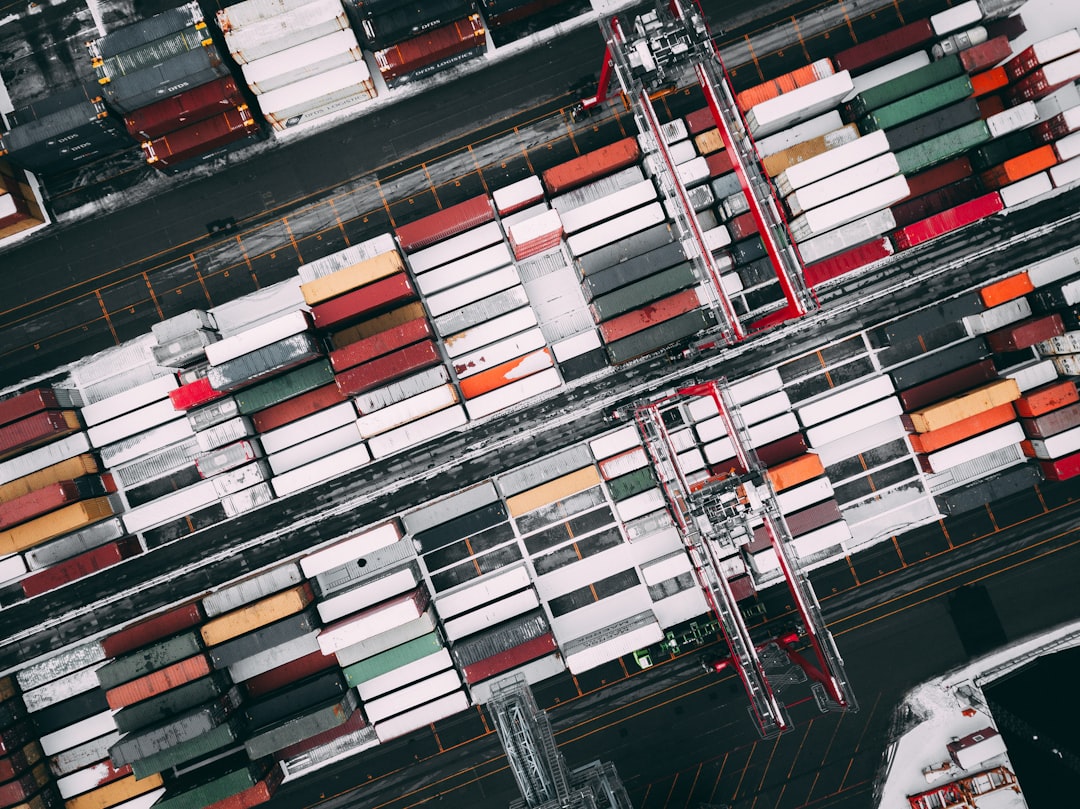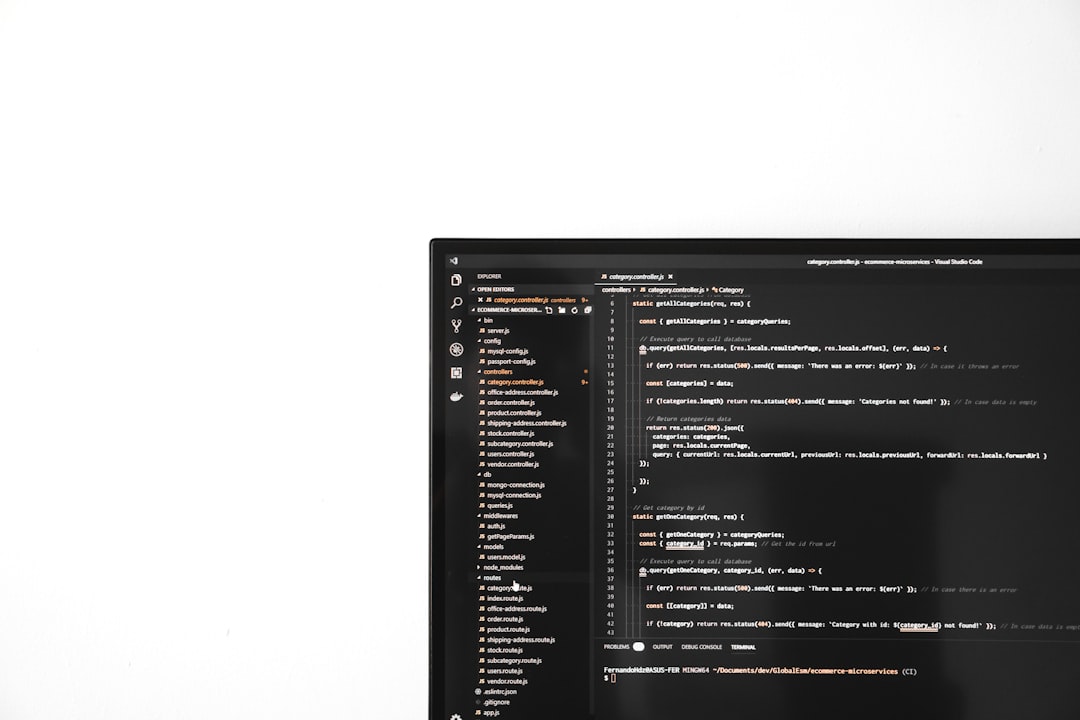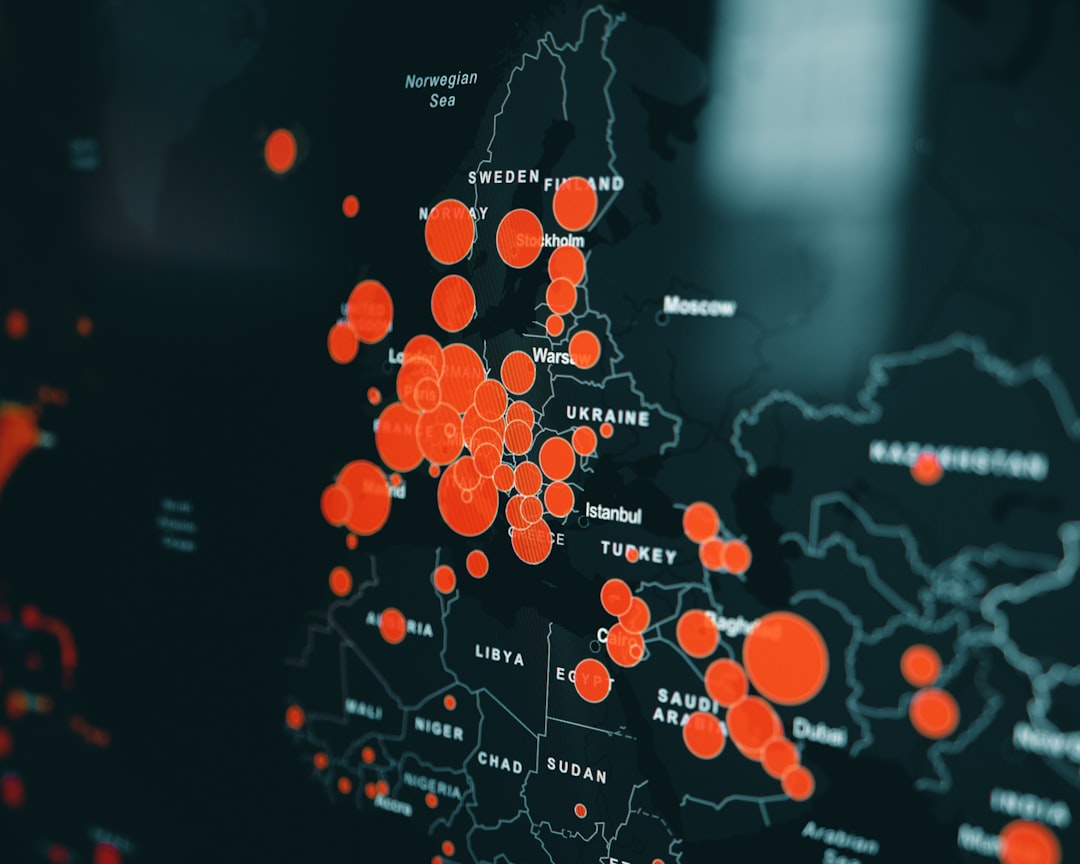The European Fulfillment Network (EFN) is Amazon’s solution for sellers who want to simplify cross-border e-commerce across Europe. This powerful system allows sellers using Amazon’s FBA (Fulfillment by Amazon) service to store their inventory in one European country and fulfill orders across other Amazon European marketplaces seamlessly.
EFN provides a cost-effective and time-saving approach to selling across Europe by utilizing Amazon’s expansive logistics network. As European e-commerce continues to grow, understanding how EFN works is essential for third-party sellers looking to scale efficiently.
How the European Fulfillment Network Works
With EFN, sellers ship their inventory to a single Amazon fulfillment center in one country (often their home country). From there, Amazon handles order picking, packing, shipping, and customer service for orders placed by customers across other EU marketplaces. This means you can fulfill orders in countries like France, Germany, Italy, and Spain—even if your inventory is stored only in the UK or another single EU location.

For example, a seller based in Germany can store products in an Amazon German fulfillment center. When a customer in France places an order, Amazon picks and ships the product directly to France from Germany—leveraging its internal courier and logistics infrastructure. Sellers do not need to create separate inventory pools for each country, thus reducing overhead.
EFN Benefits
- Inventory Simplification: Maintain one inventory location and access multiple markets.
- Reduced Operational Costs: No need to operate local warehouses or distribution centers in every country.
- Faster Market Expansion: Test new markets easily without large investments.
- Amazon-Handled Logistics: Benefit from Amazon’s advanced shipping and customer service.
Limitations and Considerations
While EFN offers many advantages, it also comes with certain considerations:
- EU Regulations: Sellers must comply with EU VAT laws. Storing inventory in one EU country and selling in another may require VAT registration in multiple countries based on sales volume thresholds.
- Shipping Costs: Cross-border fulfillment may carry higher fees compared to domestic fulfillment.
- Longer Delivery Times: Compared to Pan-EU FBA, delivery times may be slightly longer for cross-border shipments.
EFN vs. Pan-European FBA
While EFN involves centralized inventory and cross-border shipping, Pan-European FBA distributes your inventory across Amazon’s network based on demand. Here’s how they differ:
| Feature | EFN | Pan-European FBA |
|---|---|---|
| Inventory Location | Stored in one country | Stored in multiple countries |
| Prime Eligibility | Yes | Yes |
| VAT Requirements | Limited if under threshold | VAT registration needed in all countries where stock is stored |
| Shipping Times | Slightly longer | Faster local delivery |

Choosing between EFN and Pan-European FBA depends on your business model, sales volume, and compliance capability. EFN is often ideal for sellers starting to expand into Europe or those wanting to avoid complex VAT obligations across multiple countries.
How to Enable EFN
To start using EFN, sellers must:
- Register for Amazon’s European Marketplace Account.
- Use the same inventory for multiple country listings using Amazon’s Build International Listings tool.
- Enable FBA and allow cross-border fulfillment in account settings.
- Ensure compliance with product regulations and VAT laws of target countries.
Is EFN Right for You?
The EFN model is perfect for small to medium-sized Amazon sellers looking for an accessible entry into the European e-commerce space. It reduces logistical burdens while enabling product visibility across multiple Amazon markets. However, understanding local tax laws and optimizing for shipping costs are key to long-term success.
Frequently Asked Questions
- Q: Which Amazon European marketplaces does EFN support?
A: EFN currently supports the UK, Germany, France, Italy, Spain, the Netherlands, and Poland. - Q: Is EFN available for all product categories?
A: Not all categories are eligible for cross-border fulfillment. Restricted products and categories may require specific approvals or be excluded. - Q: Do I need VAT registration in each country I sell with EFN?
A: It depends on your sales volume. If you exceed the distance selling threshold in a country, VAT registration may be required. - Q: How are returns handled with EFN?
A: Amazon manages customer returns for EFN orders, including return shipping and customer service in the local language. - Q: Can I switch to Pan-European FBA after using EFN?
A: Yes. Sellers can migrate to Pan-European FBA once they’re ready to scale and comply with VAT in multiple countries.
